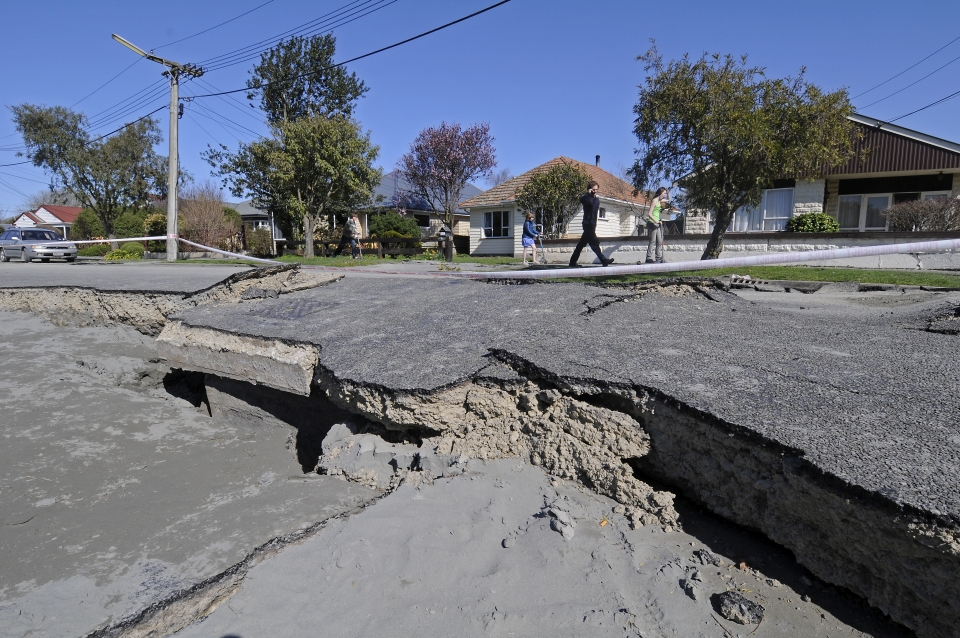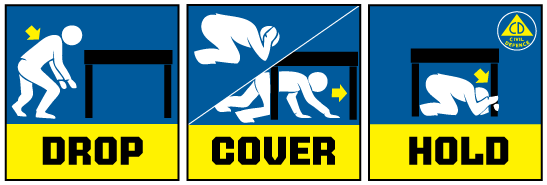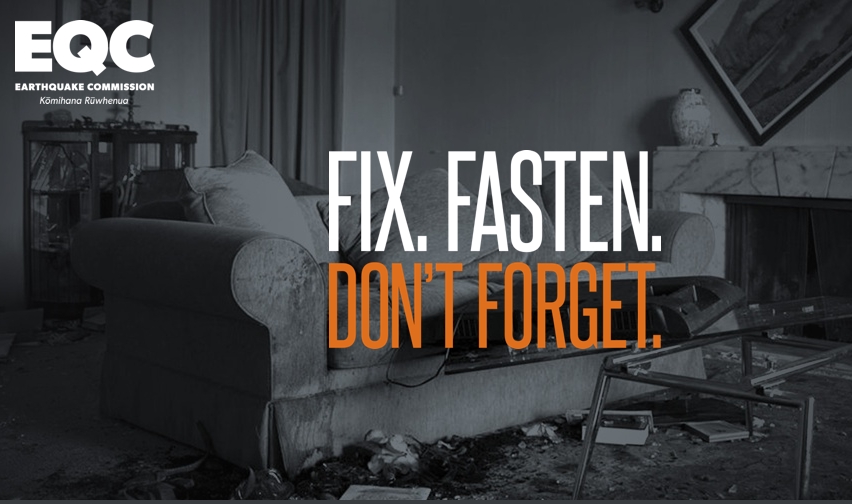You can contact LEARNZ, part of CORE Education, at:
Postal Address:
PO Box 13 678,
Christchurch 8141,
New Zealand
It’s a good idea to understand what natural hazards could affect the area you live in and how you can reduce the risk of damage to yourself and your property.

It is important for all New Zealanders to know about natural hazards and what to do if one occurs. Find out about the area where you live and what the local hazards are. Make an emergency plan with your family. Put a survival kit together and update it often. You can visit your local Civil Defence website for more information.
EQC advises people about how to make their homes more ‘Quake Safe’.
You can also watch this 'Fix, Fasten, Don't Forget' video.
Talk to parents/caregivers about the following list of things to make your house 'quake safe':



Earthquakes can also cause landslides and tsunami. If a landslide occurs in your area, leave straight away. Do not return to your home until you are told it is safe. If you live on the coast and you feel an earthquake that lasts longer than a minute, or is so strong that it is difficult to stand up, then you should move to higher ground immediately.
Ready for a quiz? Try the Preparing For and Responding to Earthquakes interactive activity.
If you are at the beach and see the water quickly recede, move to higher ground. You may have only a few minutes before a tsunami arrives.
If the tsunami is coming from a long way off, then you probably will not feel an earthquake, but warnings will be given over the radio. You may have over ten hours to get ready to leave the area.
If you live near a river and the water level drops suddenly, it could mean there is a landslide dam up the river caused by a landslide. Sometimes these landslide dams can break, causing flooding downstream. Keep away from the river and leave your house if it is close to a river.
If you are near a lake and you feel a long strong earthquake, move away from the lake edge. Sometimes earthquakes can cause lake levels to change, causing waves around the lake edge.
Sometimes landslides can fall into lakes and cause a ‘rockfall tsunami’, which will send large waves across the lake.